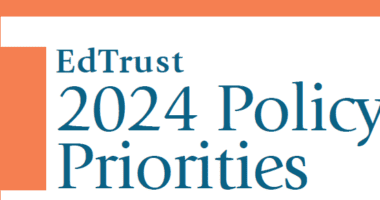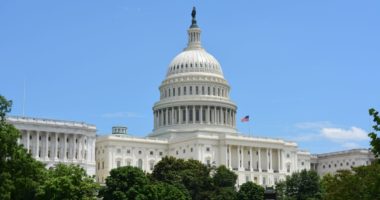Statement on the Report of the Task Force on Federal Regulation of Higher Education
The following statement is from organizations that advocate for students, taxpayers, and access to quality higher education, including the American Federation of Teachers (AFT), Americans for Financial Reform, Center for Responsible Lending, Consumer Action, The Education Trust, Generation Progress, National Consumer Law Center (on behalf of its low-income clients), Service Employees International Union (SEIU), The Institute for College Access & Success, U.S. PIRG, United States Student Association, Veterans Education Success, Woodstock Institute, and Young Invincibles.
“The task force report represents the views of 16 colleges, not the views of students or taxpayers whom higher education regulations are designed to protect. It should surprise no one that regulated entities want less regulation and fewer strings attached to the taxpayer funds they receive. While there are some recommendations in the report with which we agree, the report is by no means a consensus opinion among all higher education stakeholders.
“In fact, regarding the regulations on gainful employment, the task force report appears to be at odds with the views of the American Council on Education and 18 other higher education associations, which are on record as being ‘strongly supportive of gainful employment (GE) regulations’ and stating that the regulation ‘is legally required under Sections 101 and 102 of the Higher Education Act and is clearly in the interest of students and the federal government’ [emphasis added]. We agree that regulations to enforce the Higher Education Act’s gainful employment requirements were long overdue to protect students and taxpayers from career education programs that consistently leave students with debts they can’t repay.
“We strongly believe that higher education regulations and oversight need to be strengthened and improved to better protect students and taxpayers, and to reduce unnecessary burdens on colleges that serve students well. The current one-size-fits-all approach to regulation and oversight tends to over-regulate the best colleges and under-regulate the worst, which means the current system needs to be reformed and improved, not gutted. Schools that pose greater risks to students and taxpayers deserve more oversight and scrutiny, not less.”
# # #






